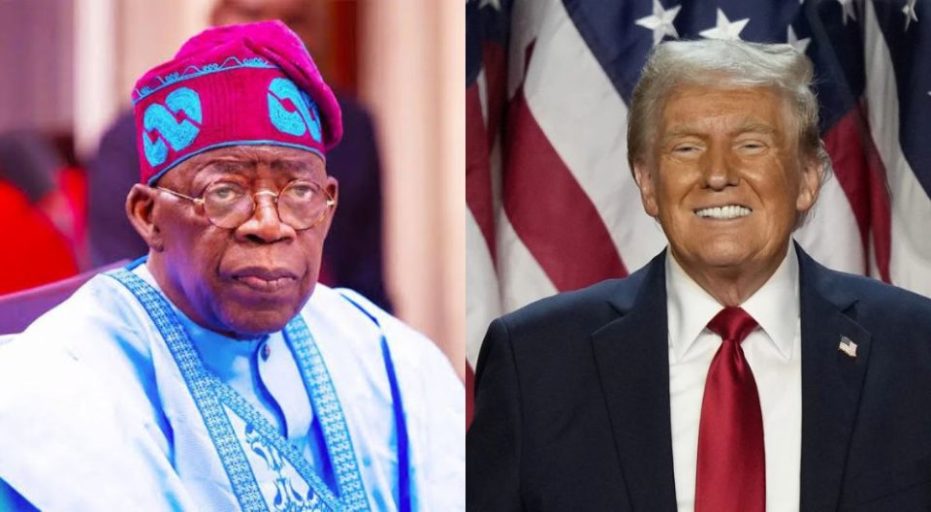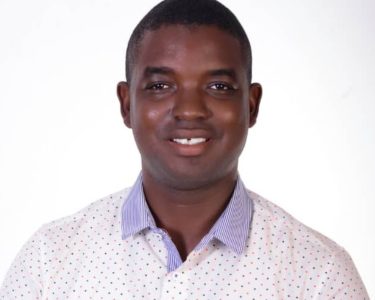Recent comments reportedly made by the U.S. President Donald Trump regarding the Nigerian government have stirred public debate and varying interpretations. While his remarks may be controversial and politically motivated, they highlight a critical truth Nigeria’s insecurity crisis demands urgent and sincere action. However, it is essential to stress that the killings and unrest in Nigeria are not about religion. They are not about Muslims or Christians, nor about tribes or geopolitical zones they are about the Nigerian people and the collective failure of leadership to protect them.
Killings occur in Kwara, where Muslims dominate, in Zamfara and Borno, both predominantly Muslim states, and in Southern Kaduna, Benue, and Plateau, where Christians are the majority. This clearly shows that insecurity in Nigeria is not driven by religion or tribal differences. It is a national tragedy that cuts across faith, ethnicity, and region a reflection of deep socio-economic and governance failures.
Nigeria’s security challenges are complex and deeply rooted. Issues such as insurgency, banditry, kidnapping, and communal clashes have become daily realities. Yet, beyond these acts of violence lies a disturbing pattern the failure of justice. When the government pardons convicted criminals under the guise of reconciliation or political expediency, it sends a dangerous message. Such actions, often disguised as efforts toward rehabilitation, undermine the rule of law and erode public confidence in the justice system. When offenders do not serve their full punishment, it breeds impunity, encourages more crime, and demoralizes law enforcement officers who risk their lives to arrest and prosecute criminals.
No society can be secure where justice is selective or where criminals are rewarded with freedom while victims remain forgotten. True peace cannot exist without justice. A government that prioritizes political convenience over accountability only deepens the cycle of lawlessness and insecurity.
The Nigerian Constitution clearly states that the primary duty of government is the security and welfare of the people. Any administration that fails in this responsibility loses moral and constitutional legitimacy. Unfortunately, security in Nigeria is often politicized. Agencies meant to protect the public are sometimes used as tools for political control, weakening professionalism, integrity, and effectiveness.
To address Nigeria’s security problems, a comprehensive and depoliticized approach is needed. First, government must allow the security and justice systems to function independently. Security agencies should act without political interference, and the judiciary must be strengthened to ensure fairness and accountability.
Second, government must tackle the economic roots of insecurity by addressing hunger, unemployment, and inequality. Meaningful investments in agriculture, manufacturing, and digital industries can provide jobs and reduce the desperation that drives many into crime.
Third, community policing and intelligence sharing must be improved. Local leaders, traditional rulers, and civil society groups should be empowered to work with law enforcement to prevent conflict and maintain peace.
Lastly, Nigeria must restore social justice and public trust. Ending impunity, ensuring fair trials, and holding offenders accountable will deter future crimes and rebuild faith in governance.
In conclusion, while Donald Trump’s remarks may sound harsh, they should serve as a wake-up call to Nigerian leaders. Insecurity in Nigeria is not about religion or politics it is about justice, governance, and accountability. The government must stop pardoning criminals under pretence, strengthen institutions, and prioritize the welfare and safety of its people. Only through justice, fairness, and true leadership can Nigeria overcome its security challenges and move toward lasting peace.




